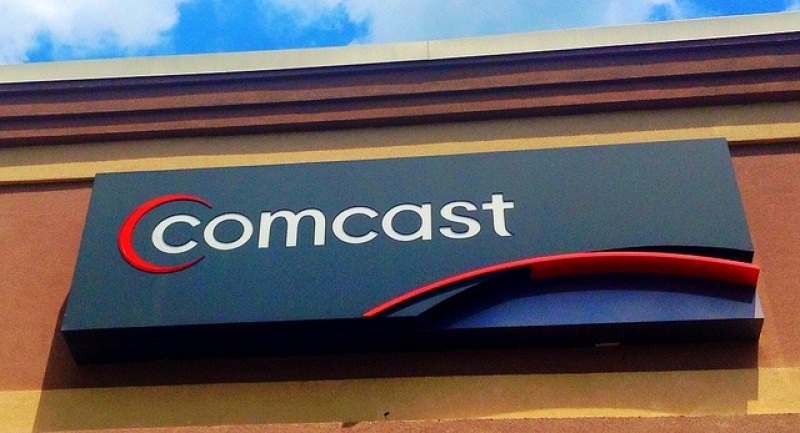
Comcast Corp. won a bidding war for Time Warner Cable (TWC), Inc. in 2014. Comcast's offer for the company is $45.2 billion (US). The merger is currently under U.S. Congress scrutiny and being reviewed by the United States Federal Communications Commission (FCC). The two conglomerates will sit down at a hearing with the FCC on Wednesday, April 22.
The current terms suggest that Time Warner Cable will trade its 284.9 million shares for 2.875 shares of Comcast. Comcast will also sell 1.4 million Time Warner Cable subscribers to Charter Communications. Charter Communications had unsuccessfully made three attempts to acquire TWC and had lost the bidding war to Comcast last year. Comcast and Charter are planning on swapping 1.6 million subscribers in the process.
"We continue to believe that our transaction with Time Warner Cable will bring substantial benefits to consumers without any competitive harms. We will continue to engage in our productive discussions with the government and do not see any value in commenting on rumors and speculation," said Comcast representative Sena Fitzmaurice in an interview with the Wall Street Journal.
If the merger is a success, Comcast would monopolize 1/3 of the US wired broadband market. A 2015 study by Reuters showed that together, Comcast and TWC had 22.5 million and 11.2 million video subscribers. The FCC has a strict policy on limiting television market shares to 39%. The FCC also prohibits mergers between ABC, CBS, Fox, and NBC television networks.
"74 percent of Americans believe consumers will have fewer choices when it comes to cable and Internet providers because smaller companies will not be able to compete with Comcast," stated a Consumer Union report taken on June 2014.
Opposers of the merger are DirecTV, Netflix, the Media Alliance, the Writers Guild of America, and others. The public is concerned that the merger is anticompetitive and would only result in raised prices for consumers. Results of the merger will be revealed following the hearing with the Justice Department's Antitrust Division.



















